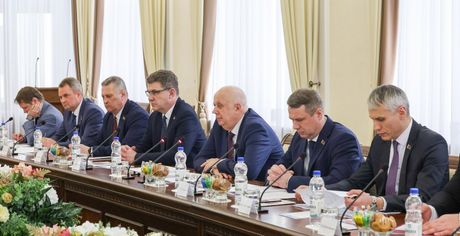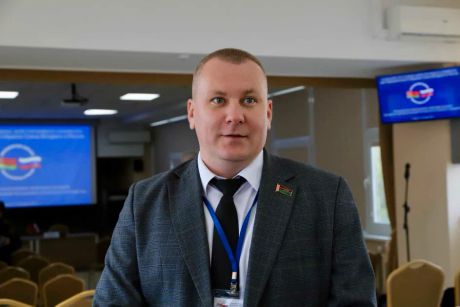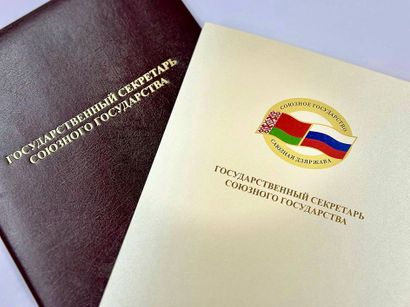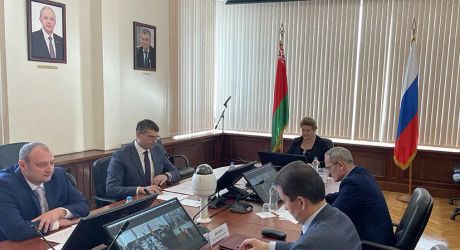Nizhecotrans chief on Russia-Belarus e-transport: Innovations for enhanced comfort
12:51, 22 November
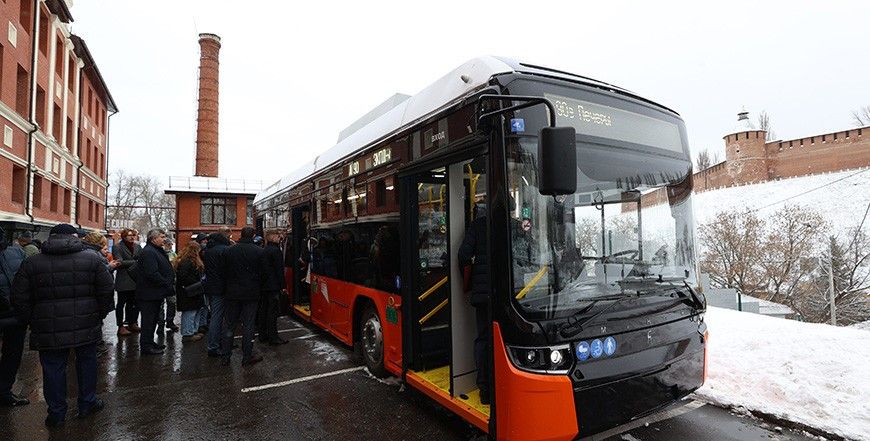
Photo: BelTA
Nizhecotrans Executive Director Aleksei Garanin told reporters about the state of Belarus-Russia cooperation in electric transport, BelTA has learned.
- Share on Facebook
- Share on VK
- Share on Twitter
“Over the course of a year, we have passed all major production stages. We have worked on technical documentation, learned the specificities of the manufacturing process, and today we are transferring our products to the customer as it was agreed upon. The products are already in operation in the city,” said Aleksei Garanin.
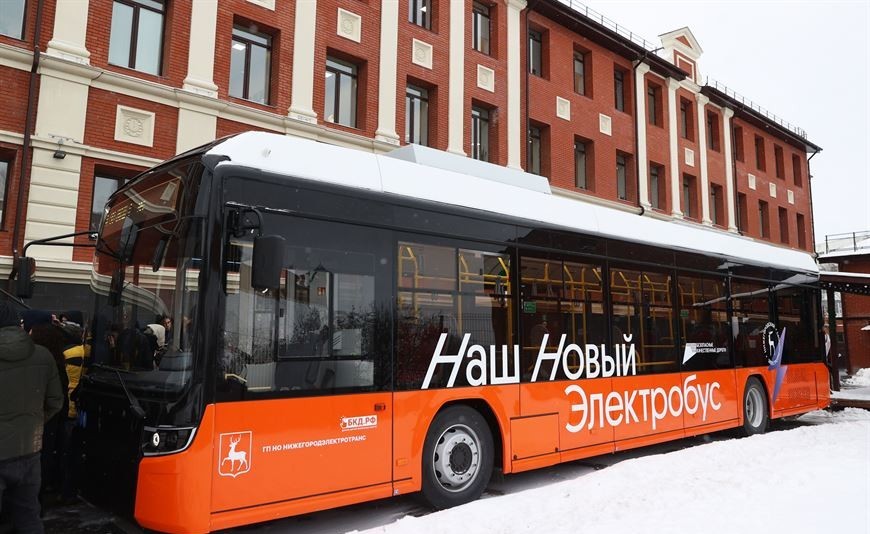
Speaking about the design of the transport, the executive director noted that, for example, the color of the vehicles is meant to conjure up the images of historical sites of the city. “It is intended to be operated in certain areas, so the colors of the tram match the appearance of historical sites of the city, its historical heritage objects. I always try to spot [our trams in the city], since we produce them. I probably see even more than others do: I pay attention to details, to how these trams are operated, how passengers behave. I travel by these trams myself, I see what is convenient and what is not. So jointly with our partners we try to make these trams better,” he said.
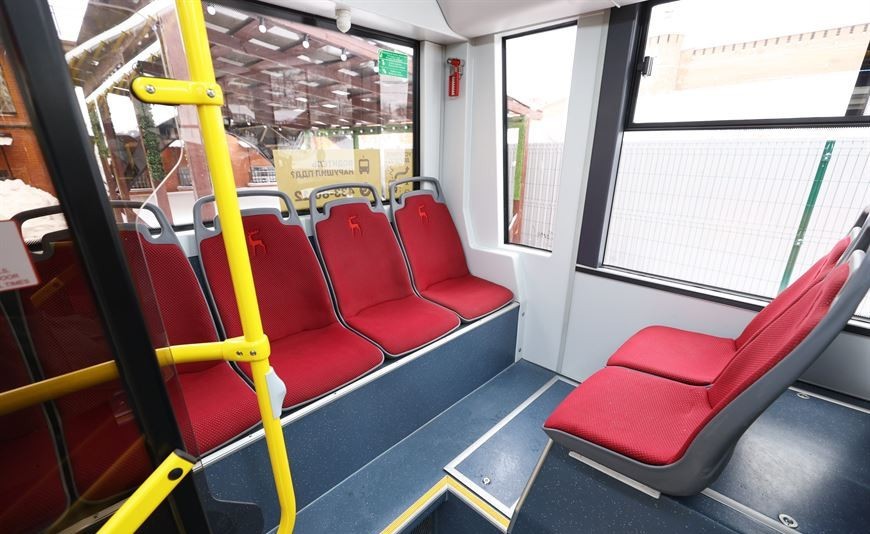
“Our trams are undergoing constant improvements; we keep introducing innovations and changes to enhance passenger comfort and make the product as modern as possible,” noted Aleksei Garanin.
He went on saying: “The city is going through a modernization process as part of major federal programs. Trams and electric buses help address a number of problems. There is a certain optimization of infrastructure for electric buses. As far as I understand, the decision was made based on this aspect. Today we are addressing one of the tasks facing Nizhny Novgorod, which is the renewal of the transport fleet. At the same time, we remain committed to the environmental agenda. Our core business is electric transport (trams and electric buses).”
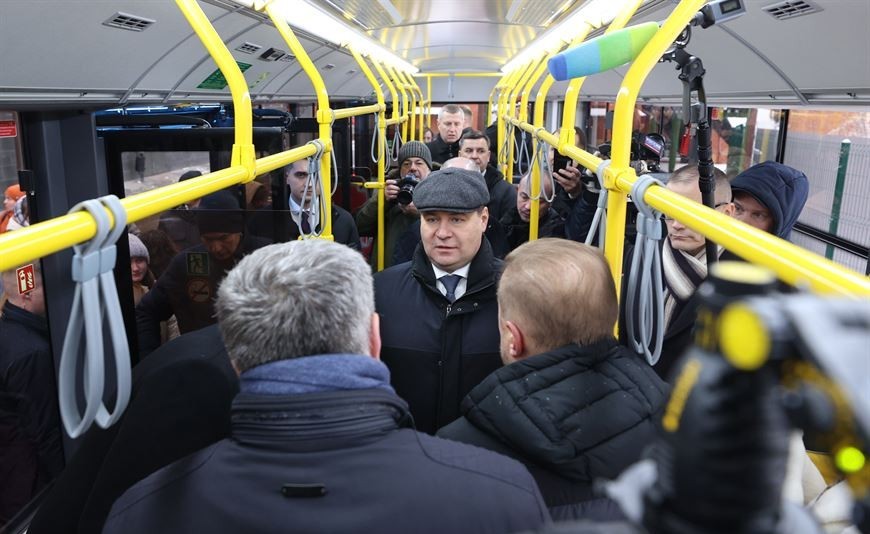
When asked about sources of financing, the executive director said: “There are a number of subsidy programs and a concession agreement. The largest concession agreement in Russia is being executed in Nizhny Novgorod and the region; in addition to the supply of trams, the tram track is also being repaired.”
Today is the third day of the working visit of Prime Minister Roman Golovchenko to the Russian Federation; the government delegation is now in Nizhny Novgorod.



